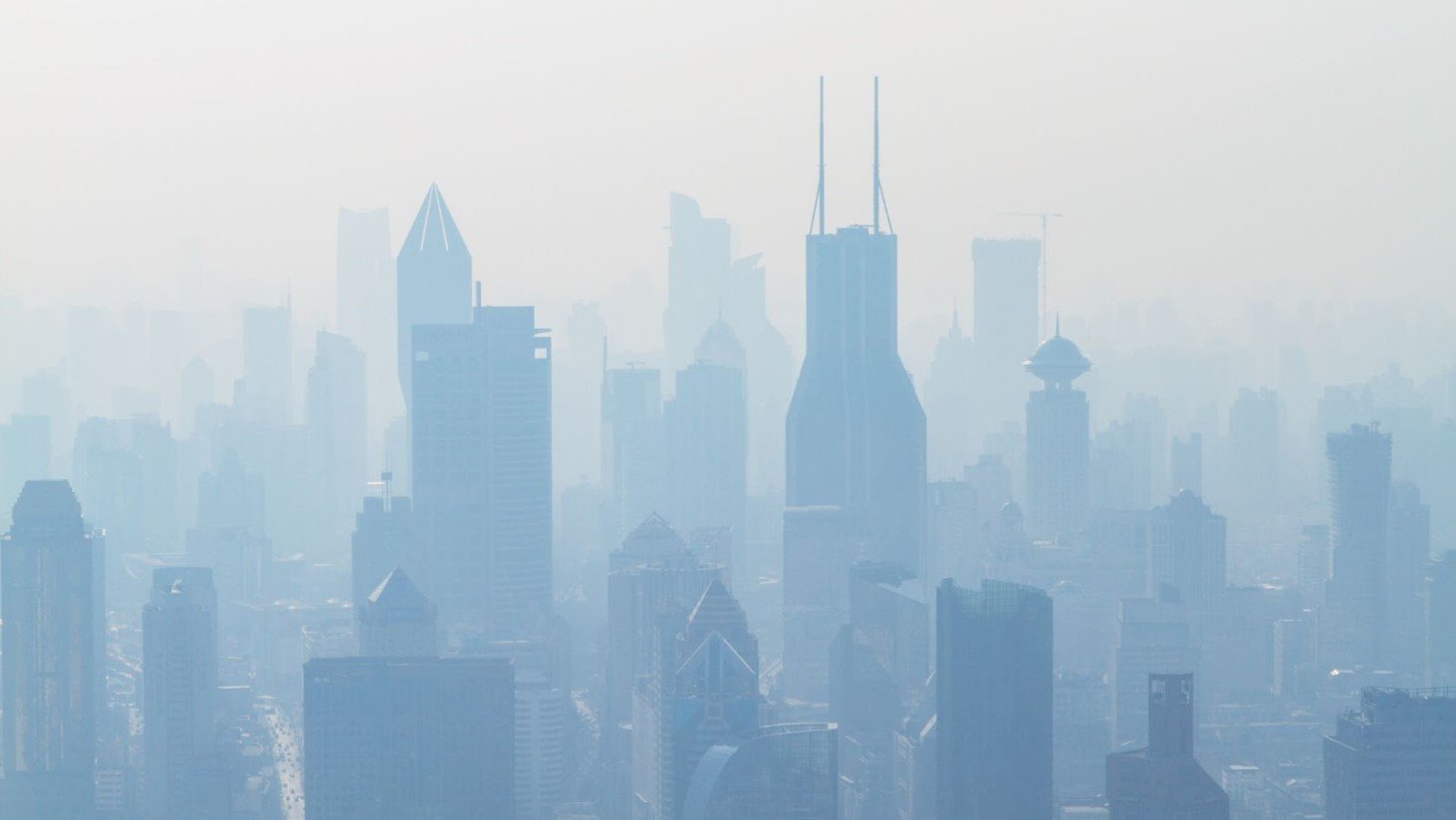A study spearheaded by Harvard Chan School of Public Health reveals a troubling connection between air pollution and dementia. This finding adds a new dimension to the already known health hazards of air pollution, which include heart disease, lung cancer, and emphysema.
The revelation that air pollution could significantly affect brain health, particularly through diseases like dementia and Alzheimer’s, marks a critical turning point in our understanding of environmental health risks.
Air Pollution’s Role in Cognitive Impairment

The study, which analyzed 14 prior studies, discovered a consistent association between chronic exposure to high levels of air pollution, especially fine particulate matter, and increased risks of dementia and Alzheimer’s disease.
As reported by Bloomberg, this evidence indicates that air pollution’s impact on health extends beyond respiratory and cardiovascular issues to serious cognitive consequences.
Risk Even Below Safety Standards

The study revealed that the increased risk of dementia persists, even in areas where air pollution levels are below the current Environmental Protection Agency (EPA) standards.
This finding challenges the current understanding of safe air quality levels and suggests that lower levels of air pollution than previously recognized might still pose a threat to brain health.
Understanding Particle Pollution

Particle pollution, comprising dirt, dust, soot, and smoke, emanates from cars, coal fires, factories, and construction sites.
The Centers for Disease Control (CDC) explains the health risks of inhaling these particles, stating that the ultrafine particles “can get into the deep parts of your lungs — or even into your blood.”
Universal Exposure

Highlighting the pervasive nature of air pollution, Professor Marc Weisskopf, a key author of the study, stated in the BMJ medical journal, where the study was published, “Everybody has to breathe, so everybody is exposed to this.”
He emphasized the extensive impact of this exposure, saying, “The population-level effect could actually be quite large because the number of people exposed is massive.”
Protecting Public Health

In response to these findings, Professor Weisskopf calls for immediate regulatory action to combat the escalating risks associated with worsening air quality.
He underlines the necessity of stronger protective measures against the diverse dangers of air pollution, now known to include cognitive decline risks.
Questioning EPA Standards

The EPA’s current standards allow up to 12 micrograms of fine particle pollution per cubic meter of air, but the agency is considering a reduction to 10 micrograms per cubic meter.
This proposal follows the revelation that even lower levels of particulate matter are linked to significant health risks.
Lowering Pollution Levels

Discussing the importance of reducing fine particulate matter, Professor Weisskopf remarks in the interview with to Bloomberg, “The lower you can go, the lower your risk is.”
This statement suggests that decreasing the concentration of these particles in the air could be crucial in reducing health risks, including cognitive decline.
Addressing the Pollution Problem

The study points to the need for stricter regulations on corporate emissions as a key solution to the persistent problem of air pollution.
Scientists are seeking innovative ways to clean the air, but effective solutions will likely involve tighter controls on the amount of pollution companies can legally produce.
The High Cost of Inaction

The dementia study brings to light the severe consequences of failing to address air pollution.
Not taking action could lead to dire public health outcomes, especially concerning mental health and cognitive function.
Fighting for Cleaner Air

The study’s findings serve as a stark reminder of the health hazards posed by air pollution, affecting everyone indiscriminately.
It calls for collective efforts from policymakers and the public to push for cleaner air, emphasizing the need to protect not just the environment but also human health, particularly brain health.
Prioritizing Health and Environment

The research stresses the importance of improving air quality as a key public health and environmental goal.
It advocates for a joint effort from all societal sectors to reduce air pollution and its associated health risks, underscoring the significance of cleaner air in preventing diseases such as dementia and Alzheimer’s.








































